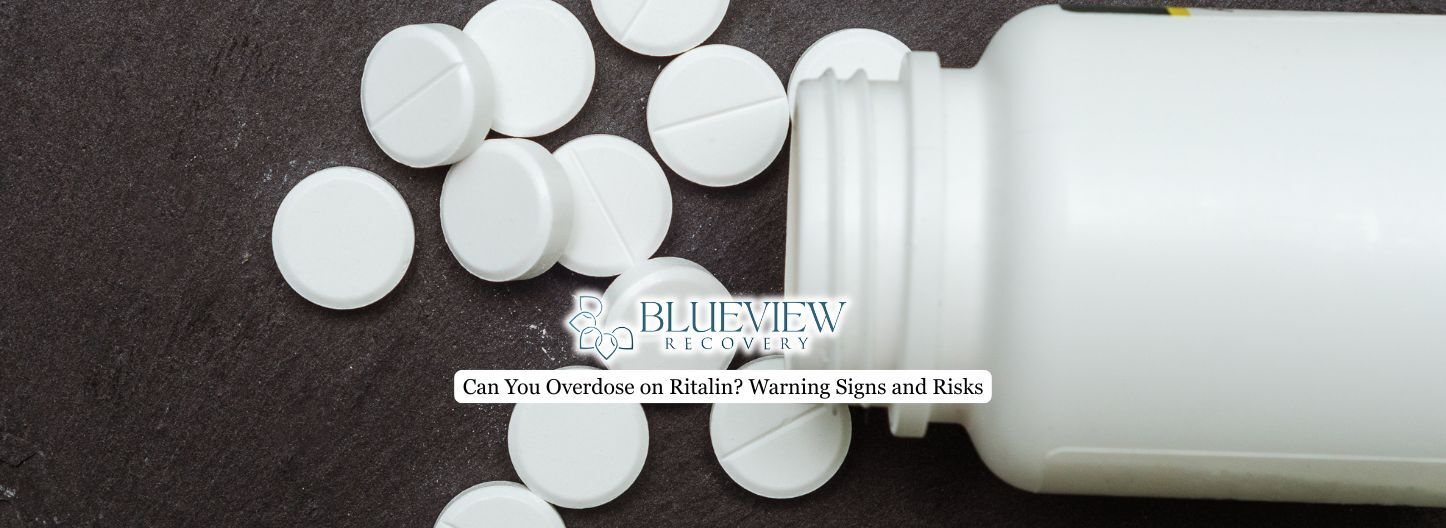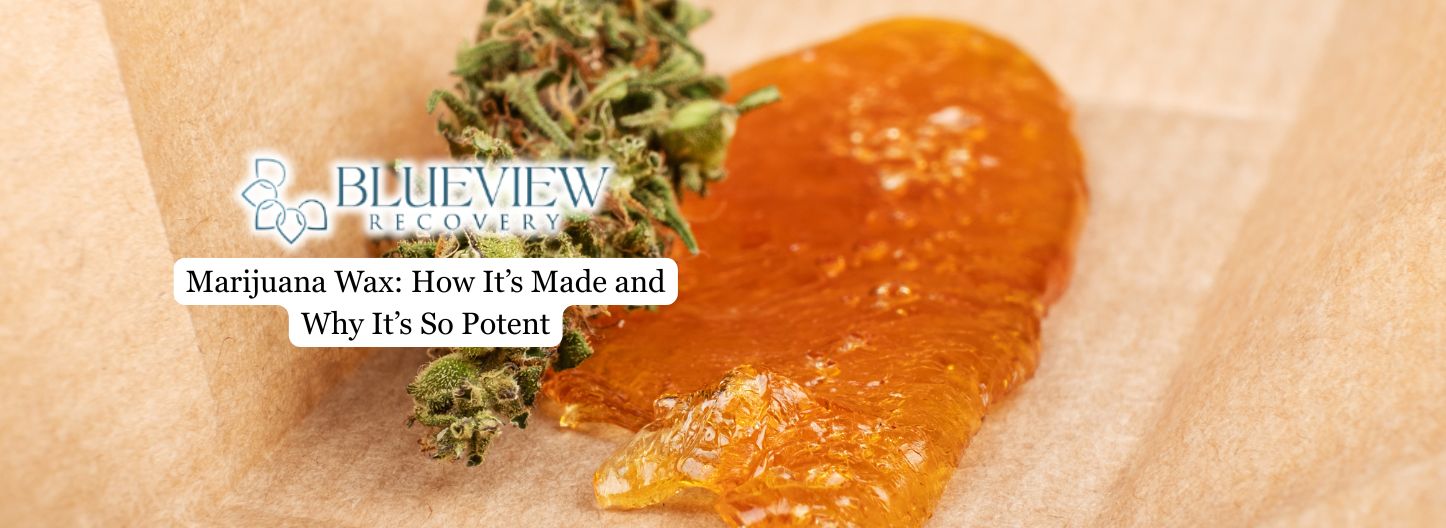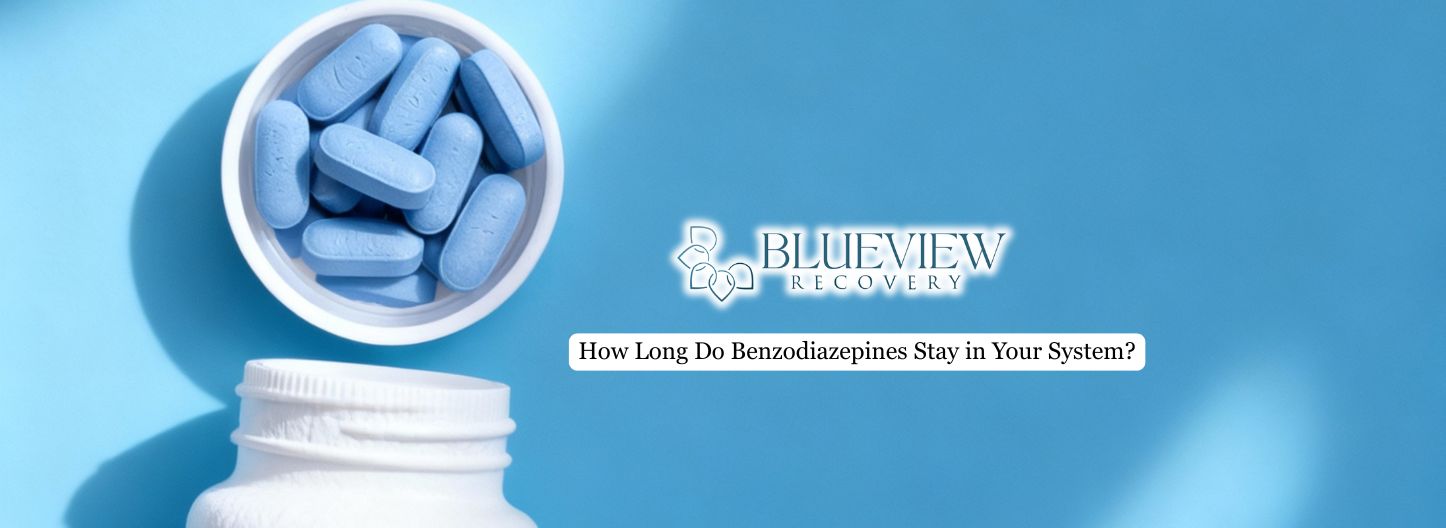As the use of cannabis expands across the U.S., so does confusion about what exactly is natural vs. synthetic marijuana. With the rise of counterparts on the market, understanding the difference is critical, especially when it comes to public health, drug abuse risks, and treatment needs.
This article breaks down how natural and synthetic cannabis differ in composition, effects, risks, and long-term impact.

What Is Natural Cannabis?
Natural cannabis refers to the dried flowers, leaves, or extracts derived from the cannabis plant. It contains hundreds of compounds known as cannabinoids, the most well-known being tetrahydrocannabinol (THC), the primary psychoactive substance responsible for the “high.” Other types, like CBD, also interact with receptors in the brain but without the same psychoactive effects.
It is typically smoked, vaped, or consumed through edibles. While the effects can vary, its use has become increasingly mainstream, with regulations in some states allowing for both medical and recreational use. This type is generally considered less potent and less dangerous than its synthetic counterparts, but it can still lead to dependence, mental health challenges, and impaired judgment when overused.
In cases where cannabis use becomes problematic, professional addiction treatment like this program: https://blueviewrecovery.com/marijuana-addiction-treatment-king-of-prussia-pa/ can play a key role in helping individuals regain control and improve overall well-being.
What Are Synthetic Cannabinoids?
Synthetic cannabinoids are man-made substances designed to mimic the effects of THC. These drugs are often sprayed onto dried plant material to be smoked or sold as liquids for use in vaping devices. Products containing artificial counterparts go by names such as K2 or Spice and are sometimes falsely marketed as safe or legal alternatives to cannabis.
Unlike natural cannabis, its receptor agonists do not come from the plant and can have unpredictable potency and health effects. The chemical structure varies between products, and their ability to bind more strongly to cannabinoid receptors increases the risk of adverse effects, including overdose.
Effects of Synthetic Cannabinoids vs. Natural Cannabis
While both types act on the same cannabinoid receptors, the effects are often vastly different. Natural cannabis may lead to relaxation, euphoria, and altered perception, but synthetic cannabinoid use can result in agitation, hallucination, rapid heart rate, and even acute kidney injury.
The effects of lab-made cannabinoids are typically more intense and less predictable due to their chemical makeup. In many cases, it can be up to 100 times more potent than natural THC from marijuana. This increased potency significantly raises the likelihood of harmful reactions.
Long-Term Consequences and Withdrawal Risks
The health effects of cannabis are better studied and more predictable than those of Illicit substitutes. Chronic use of natural marijuana may lead to memory issues, changes in mood, and impaired coordination, but synthetic cannabinoid use has been linked to severe outcomes, including psychosis, seizures, and death.
Withdrawal can also be intense, with symptoms such as nausea, irritability, insomnia, and strong cravings. Because of the illicit and unregulated nature of these products, users may not know what chemicals they are consuming, increasing the risks associated with use. Public health concerns continue to grow as reports of synthetic cannabinoid-related hospitalizations rise.

Why Potency and Composition Matter
Natural cannabis contains varying levels of THC, but the presence of other cannabinoids helps balance its psychoactive effects. In contrast, man-made ones are designed to be potent and fast-acting, often without any of the moderating compounds found in cannabis.
Synthetic products may contain toxic chemicals not meant for human consumption. These substances act on the same cannabinoid receptors in the brain but can do so with dangerous intensity. Even small amounts can result in serious health consequences, making use significantly riskier than cannabis use.
The Role of Regulation and Public Awareness
Cannabis products in regulated markets undergo testing and labeling, providing consumers with more transparency. In contrast, synthetic marijuana is often distributed illicitly, with no quality control or ingredient disclosure. This makes them especially dangerous, particularly for young individuals experimenting with psychoactive substances.
The use of K2 and Spice is associated with unpredictable and often severe health outcomes. Public health officials warn against these substances due to their links to acute toxicity and long-term complications. Raising awareness about the different effects and risks of each one is essential to promoting informed choices and improving community well-being.
While prevention and education are key, it’s also worth noting that treatment can be essential when substance use becomes difficult to manage. Choosing the right rehab—offering services like CBT, medically supervised detox, or personalized levels of care—can provide the support needed to stabilize health and begin recovery.
Final Thoughts from Blueview Recovery
Natural cannabis and synthetic cannabinoids may appear similar in effect, but the differences in safety, chemical structure, and health risks are substantial. Illicit marijuana substitute use presents far greater danger due to its high and unregulated composition, increasing the risk of overdose, severe side effects, and long-term damage.
At Blueview Recovery, we recognize the unique challenges that come with substance use involving synthetic drugs. Our outpatient rehab programs in Philadelphia, PA, are tailored to help individuals safely recover from the harmful effects of synthetic cannabinoids and other psychoactive substances. We have a clinical team that stays informed on the evolving risks tied to substance use and provides evidence-based care to support long-term recovery.





